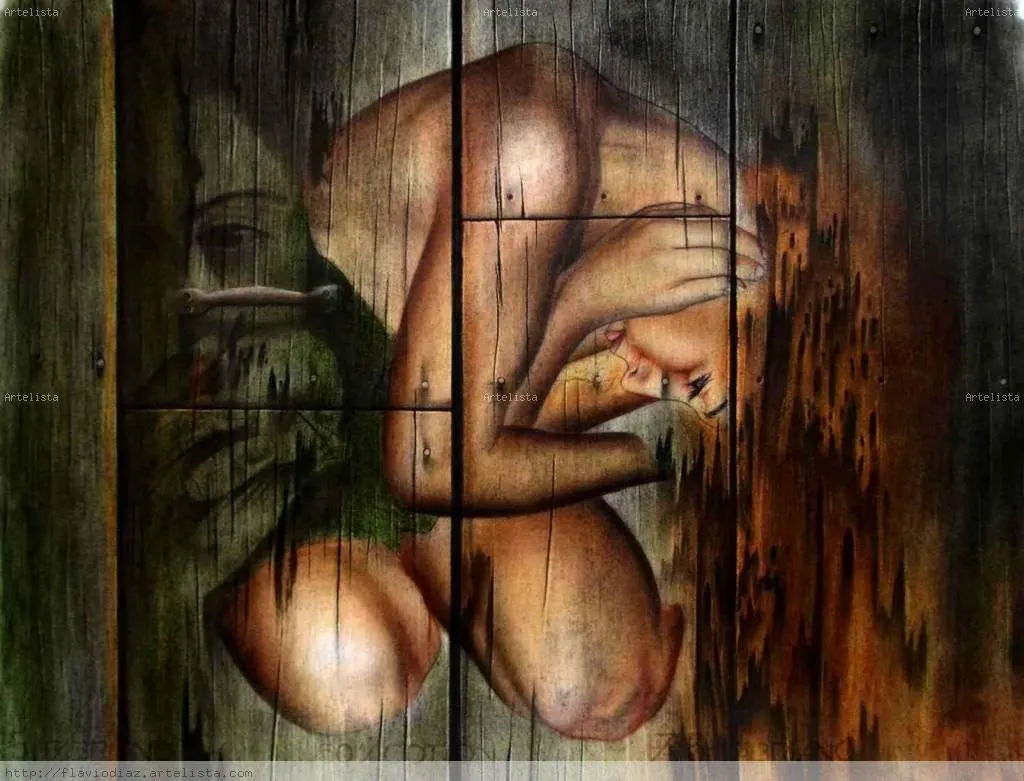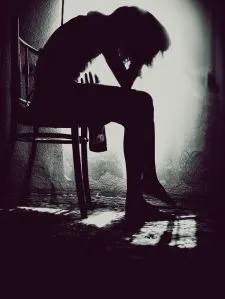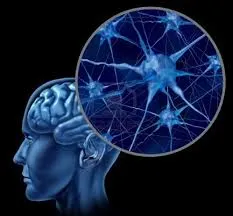
Insanity—a perfectly rational adjustment to an insane world.~R. D. Laing
Is mental illness a disease? Is it a scientifically verifiable fact? More specifically, is schizophrenia—the holy grail of psychiatry—a "real" brain illness?No one should jump the gun. In most cases, it is probably not a physical illness. There are a lot of problems with the idea that schizophrenia is an illness. I am going to clarify two of those problems in this article, including the falsification problem and the problem of diagnosing.
However, before I dig in, I have a disclaimer: I am not claiming that people do not suffer from psychological difficulties or problems dealing with contemporary reality. I am only humanizing people. I am offering hope for healing and change.
Caged Animals, Rebellion, and Schizophrenia Symptoms
We live in an increasingly hostile and impersonal world, and it is no surprise that more and more people are having volatile reactions against it.In this sense, it can be said that schizophrenia is an individually manufactured set of behaviors and coping mechanisms to deal with the exigencies of a troubled life. It is the same kind of behavior caged animals display when living in deplorable environments. In a similar vein, psychologist Bruce Levine referred to the so-called "illness" as a form of rebellion against the systemic injustices and malfunctions of society.
Schizophrenia, then, is not a likely disease. Instead, it an experiential mental state that other people see as strange, wicked, abnormal, or crazy. It is subjectively vilified. Thus, the people who manifest its symptoms are likewise vilified.
But why are people vilified? What are the "symptoms" schizophrenia?
For anyone unfamiliar with schizophrenia, people who suffer from it usually manifest "positive" and "negative" symptoms. The positive symptoms are said to be the worst. They include auditory and visual delusions and hallucinations. The negative symptoms are social problems, motivation issues, and speech issues.
But with these horrid "symptoms," why would schizophrenia not be a disease?
Schizophrenia cannot Easily be Falsified
If schizophrenia exists as an objective brain malfunction or disease, it should be easily falsifiable.Falsification criteria or falsifiability in science denotes that a theory can be disproved, hence falsified. In other words, what evidence or proof could disprove something's existence as an objective reality?
This truth topples the idea that schizophrenia is a disease.
If someone could falsify brain evidence for schizophrenia (for which very little exists), they would simply point to healthy brains or bodies without markers of the disease.
However, the problem is that many people are diagnosed with schizophrenia without clear abnormalities or differences. There is no single biological marker to pinpoint it and differentiate it from a healthy brain. This is because schizophrenia is diagnosed on behavior patterns, not brain scans, blood tests, or any other objective measure.
The DSM and the Problem of Labeling
Psychiatry in general is built upon this foundation of cultural bias and subjective valuations. It is the reason why the DSM has been revised and altered, and why some diseases have been "removed," while others have been "added."The DSM, or Diagnostic and Statistical Manual of Mental Disorders, is the psychiatrists' Malleus Maleficarum for the modern day; it is their holy compendium that contains all the mental maladies of the modern era.
Recently, the DSM 5 added hoarding as a brain "disorder," and a few years back added, "oppositional defiant disorder." With this in mind, notice that homosexuality and sexual addiction were also disorders or diseases, which were removed from the psychiatric bible.
This poses an interesting question.
If psychiatrists can remove a "disease" or "disorder," was a patient's problem ever a disease or disorder to begin with? Was the "problem" just a behavioral trait that changed with the times, from socially unacceptable to socially acceptable...like homosexuality?
Could you imagine people coming to accept schizophrenia as just a strange mindset or unique character?
Some cultures have even viewed the people we call "schizophrenics" as "medicine men" or "shamans," therefore imbuing them with tremendous social influence. This is the opposite of the western world, where people with schizophrenia are seen as troubled or broken.
This is the problem with diagnosing based on behaviors. It is all subjective and culture-bound.
Psychiatry is Fraudulent, but There is Hope
Indeed, psychiatry must be fraudulent if it contends that "strange" or "troubled" behaviors like schizophrenic "symptoms" are diseases or disorders. Analyzing people through the lens of a medical model, when no medicine or doctor is necessary, only hurts people and makes everyone distrustful of psychiatry.This is especially true when there are not clear scientific methods to falsify the existence of said disease. In this regard, it is no wonder that psychiatrists can vote for and pick what illnesses they want in the DSM. They can just create disorders out of thin air like the FDA creates fiat currency.
Using pseudoscience to make cattle out of people, legitimize chemical lobotomies, electroconvulsive therapy, and other forms of "treatment" is a stain on human decency and dignity that will never easily be wiped away.
Nonetheless, there is hope for those who have been labeled with "schizophrenia."
More people are starting to speak out against the depredations of psychiatry, and the truth of its injustices are coming to light. There is ample scientific evidence to run contrariwise to psychiatric dogma.
In this light, more people are already becoming "psychiatric survivors" as they start to realize that their brains were not broken to begin with. They were just different, rebellious, and in need of cultural and personal change. I see more of these brave individuals speaking their mind as psychiatry starts to lose its foothold on many people.
Mental illness, of course, is not literally a 'thing'—or physical object—and hence it can 'exist' only in the same sort of way in which other theoretical concepts exist.~Thomas Szasz
My name is Sterlin. Follow me @ Psychologic-Anarchist. I also run the Psychologic-Anarchist Facebook page and produce many YouTube videos. My interests lie in the intersection of counseling psychology and anarchism. I write about the depredations of psychiatry, and also the new philosophy of compassionate anarchism. We have a large community devoted to discussing psychology and relational voluntaryism.



